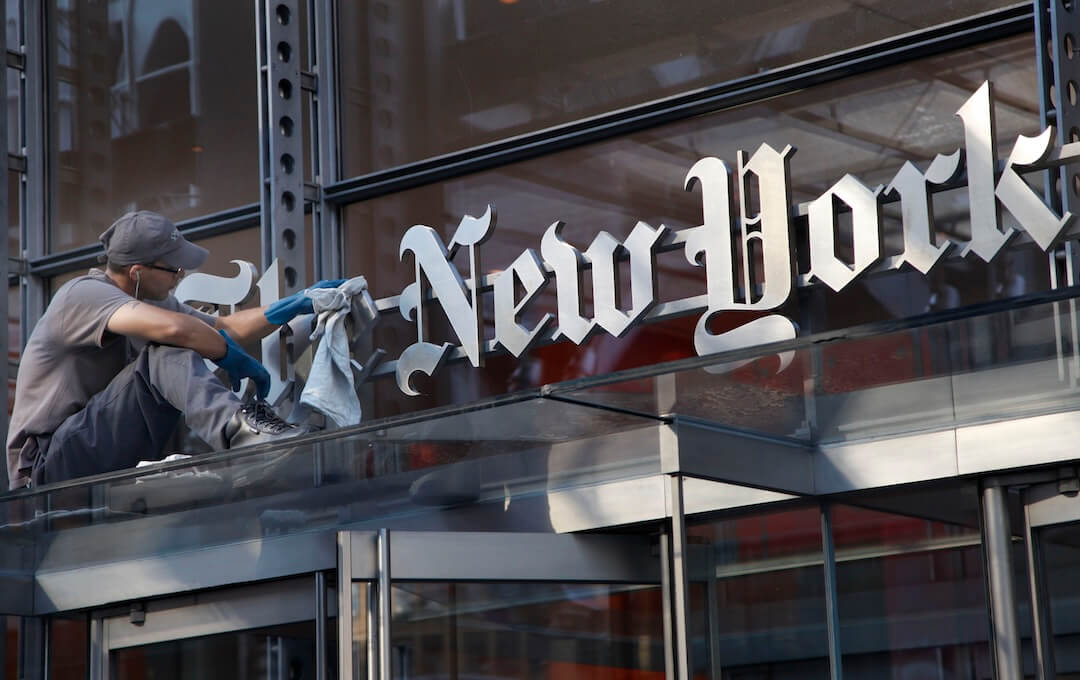Global Fact 6, the International Fact-Checking Network’s annual summit, starts one week from today. It will be the largest and most diverse fact-checking conference in history, with more than 250 participants representing 55 countries and 146 active organizations. All these participants will get together to talk about the challenges they face in the fight against dis/misinformation — and you don’t want to miss the outcomes.
Global Fact 6 will kick off in Cape Town, South Africa, on Tuesday, June 18, with a welcome reception, and will last until Friday, June 21. There will be 40 sessions led by 57 speakers in the New Lecture Theatre at the University of Cape Town. You can read Global Fact’s full agenda here and find its booklet here.
Peter Cunliffe-Jones, the founder of Africa Check and recently announced senior advisor of the IFCN, will deliver the conference’s keynote speech on Wednesday, June 19. Cunliffe-Jones is currently working on a large-scale revision of IFCN’s Code of Principles.
Other presentations that day will include a featured talk by Bill Adair and Joel Luther, both of the Duke Reporters’ Lab, as well as a panel about tools for collaboration among fact-checkers moderated by the IFCN’s Associate Director, Cristina Tardáguila.*
On Thursday, four more featured talks will cover topics ranging from community building and sustainability to expanding audience reach. The Washington Post Fact Checker’s editor, Glenn Kessler, will answer the question “Do Americans Believe in Trump?”. Lee Mugambi and Paul McNally will present on the collaborative project “What’s Crap on WhatsApp?”, which won the IFCN’s 2019 Fact Forward Fund.
In addition, 15 workshops are scheduled to allow smaller group discussions about automation, funding and data visualization on fact-checking. Other topics include handling online trolling and harassment, and using innovative tools for verifying content.
[the_ad id=”667826”]
The tech world comes to Global Fact 6
A larger number of representatives from tech platforms will be in attendance at this year’s Global Fact, with the exception of WhatsApp, which will not be present. Facebook, Twitter, Google, and YouTube will all be represented.
To keep up with discussions and conclusions from the conference, you can follow the IFCN’s coverage with the hashtag #GlobalFact6 on Twitter, and also through IFCN’s Instagram account — to be launched at the summit. The Poynter Institute will also offer in-depth content.
So get ready, because the fact-checkers are coming.
*Disclosure: The Reporters’ Lab helps fund the Global Fact-Checking Summit.







I hope the IFCN will follow up on this news about Cunliffe-Jones working to revise the code of principles.
How and why was it decided the code required a revision? Does it stem from the first-year assessment by Alexios Mantzarlis and Dulce Ramos? Or does it stem from subsequent assessment?
Transparency?